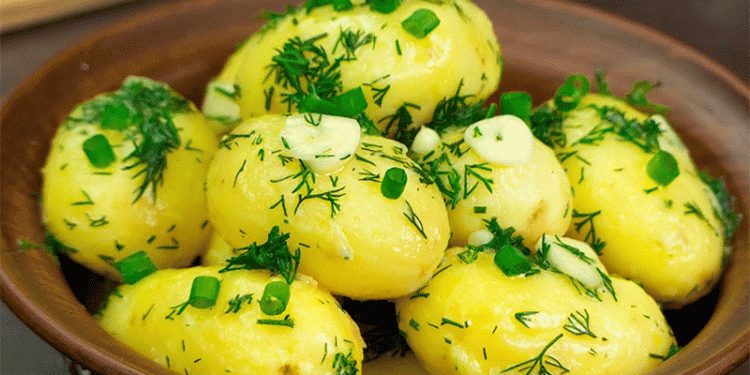In the restaurant “Velvet” in North Ossetia, a unique culinary event unfolded: the tasting of the new potato variety ‘Sadon,’ developed by Fat-Agro in collaboration with the Federal Research Center of Potatoes named after Lorch. Registered in the State Registry in 2020, ‘Sadon’ has rapidly gained attention for its exceptional flavor and robust agricultural characteristics. The tasting event brought together locals, including chefs and community members, to evaluate the variety across several culinary styles.
Chefs prepared multiple potato dishes to showcase the versatility of the ‘Sadon’ variety: creamy mashed potatoes, boiled and fried potato slices, oven-roasted wedges, and the region’s beloved Ossetian pies. Participants rated the dishes based on flavor, aroma, and appearance. The feedback collected will be analyzed to further understand the appeal of this variety, but initial impressions were overwhelmingly positive.
Alena Koibaeva, one of the attendees, praised the variety’s culinary qualities, particularly the mashed potatoes and the Ossetian pies. “Both types of mashed potatoes were delightful in taste and presentation,” she remarked. “The pies deserve special recognition—they were perfect by every measure. As a homemaker and a proud representative of the Ossetian people, I can say that I am impressed. From now on, I’ll be choosing the ‘Sadon’ potato variety for my family meals.”
Professional chefs were equally enthusiastic. Sergey Zenin, the brand chef of Bavaria restaurants, highlighted the variety’s ease of preparation. “This variety is excellent—simple to cook, without needing any extra tricks to enhance it. Just boil, add a pinch of salt, and put some heart into it, and you get a dish full of flavor,” Zenin explained. “As a chef, working with high-quality ingredients like ‘Sadon’ allows creativity to flourish. Instead of fixing or masking issues with the ingredient, you can focus on presenting it beautifully. The potato speaks for itself: tasty, high-quality, and with no undesirable aftertastes.”
Agricultural Advantages of ‘Sadon’
Beyond its culinary success, ‘Sadon’ has already proven itself on Russian fields. The variety is well-adapted to diverse climate conditions and shows strong resistance to common diseases and viruses, an important consideration for potato producers. This resilience means reduced crop loss and lower dependence on chemical treatments, making ‘Sadon’ both an environmentally and economically sound choice for farmers.
The robust nature of ‘Sadon’ and its disease resistance have been validated through several growing seasons. In an era where unpredictable weather patterns and agricultural pests can devastate yields, such varieties are vital. Additionally, high-quality, disease-resistant varieties like ‘Sadon’ align with sustainable farming practices, reducing the need for intensive chemical inputs.
The tasting event in North Ossetia showcased that ‘Sadon’ is not just another potato variety but a multifaceted asset to both culinary arts and sustainable agriculture. From easy preparation in the kitchen to reliable performance in the field, ‘Sadon’ is a prime example of how breeding efforts can yield high-quality produce that benefits chefs, farmers, and consumers alike. As the data continues to be analyzed, early feedback indicates a promising future for ‘Sadon’ as a staple in both the kitchen and agriculture.




